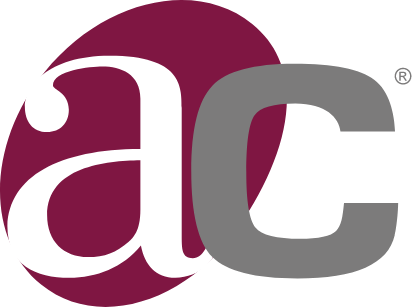Life Cycle Assessment (LCA) energy consumption footprint
Objective: to determine the energy required in paper production.
Inventory analysis: The paper process is intensive in the consumption of electricity and steam.
The paper process is intensive in the consumption of electricity and steam.
Approximately 4,000 kWh of energy (77% from fossil fuels) is used to produce 1 tonne of paper.
The electricity mix in 2010 is 181 g CO2/kWh.
The electricity mix for 2010 is 181 g CO2/kWh. CO2 emission factor attributable to electricity supply known as electricity mix (g CO2/kWh).
Source info: Generalitat de Catalunya -Guia práctica.
Environmental impact assessment: Spain is a producer of paper pulp, accounting for more than 10% of the total energy consumed by the whole industry in Spain, which is more than 14,000 ktoe. For energy production in Spain, fossil fuels have covered more than 77 %, nuclear more than 12 %. And 11 % of renewables.
─ 1 ktoe equals 11,630,000 kW-h
─ 1 ktoe is 1000 tonnes of oil equivalent.
Source: Government of Spain
Interpretation: Each sheet of white paper in its usual format 80 grams DIN A4 size weighs 5 grams (not including the associated shrinkage). Therefore, each sheet requires:
─ 0.0154 kWh of energy, which is equivalent to
─ 0,0462 kg of oil, which in turn represents
─ 2.7874 g CO2.
Steam generation is not included in this analysis as there is no data on steam generation produced.
Environmental impact
The generation of electricity using fossil fuels generates carbon dioxide, which is one of the main causes of the greenhouse effect.
Water vapour (H2O), carbon dioxide (CO2), nitrous oxide (N2O), methane (CH4), and ozone (O3) are the main greenhouse gases in the earth’s atmosphere (Kyoto Protocol).















